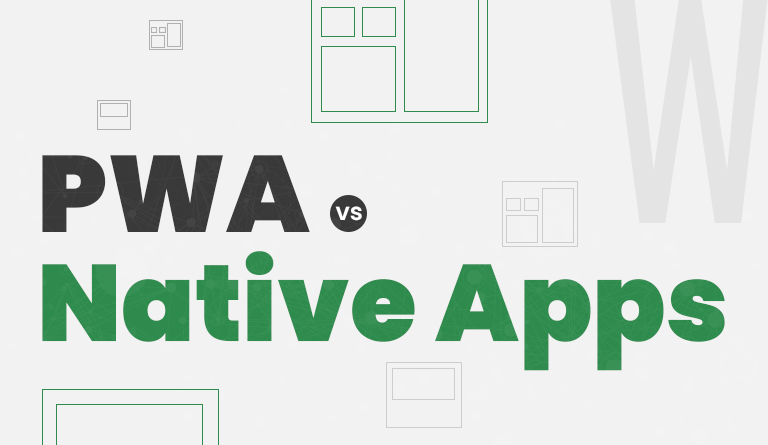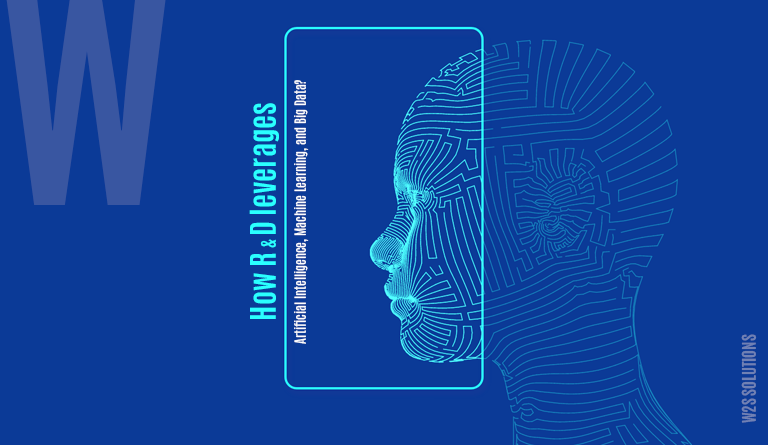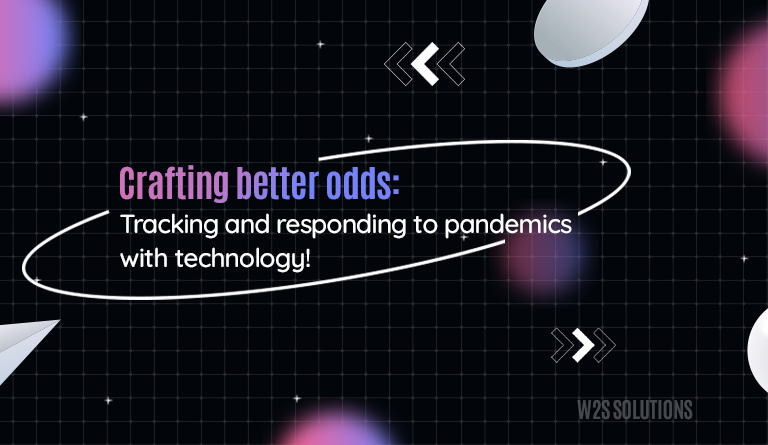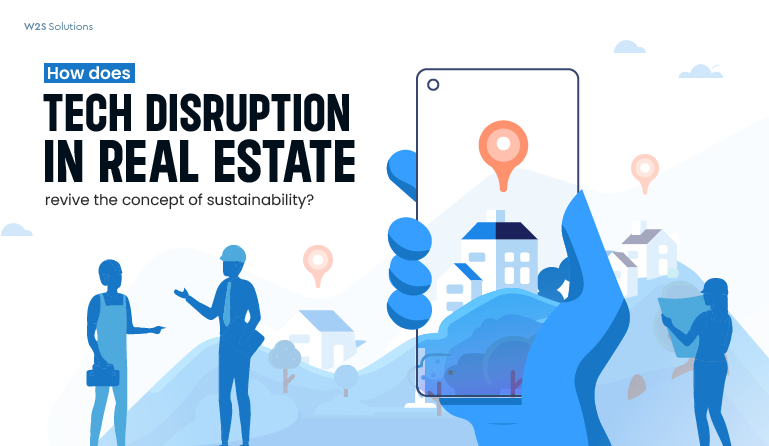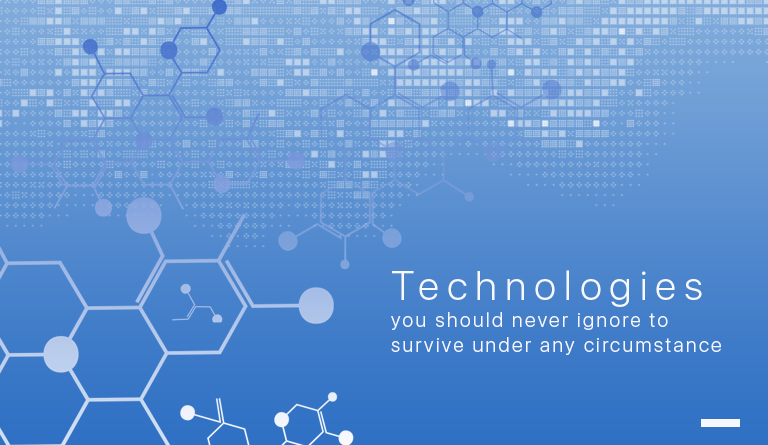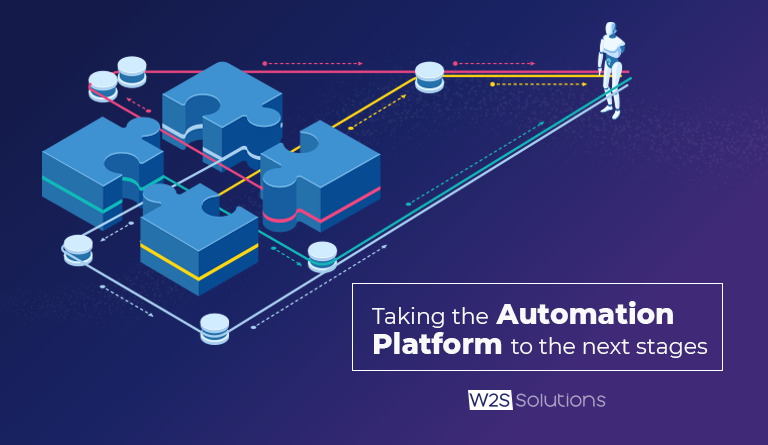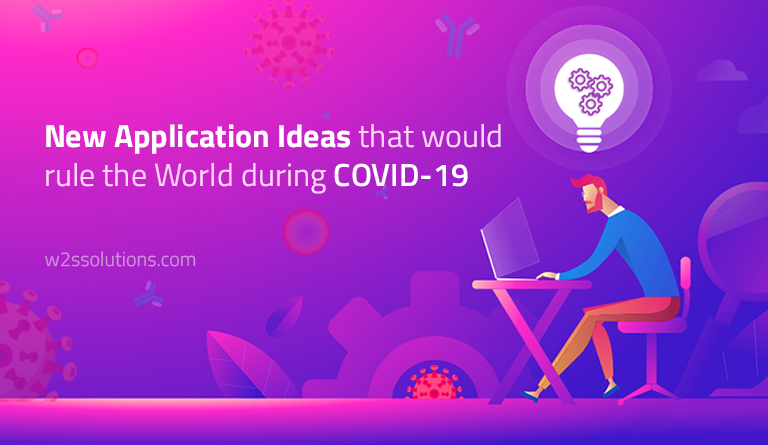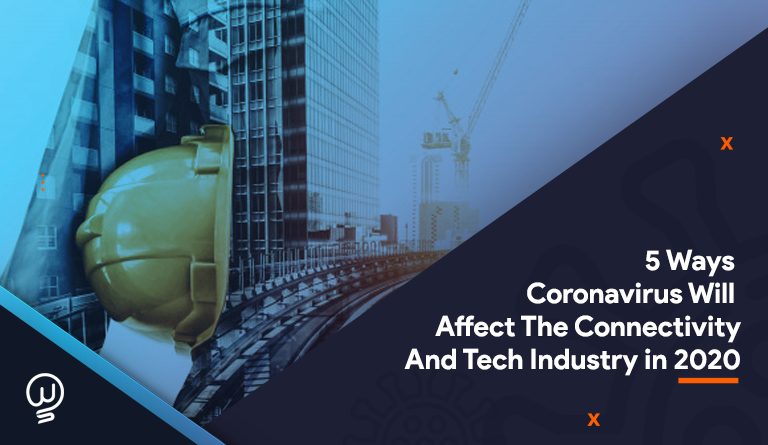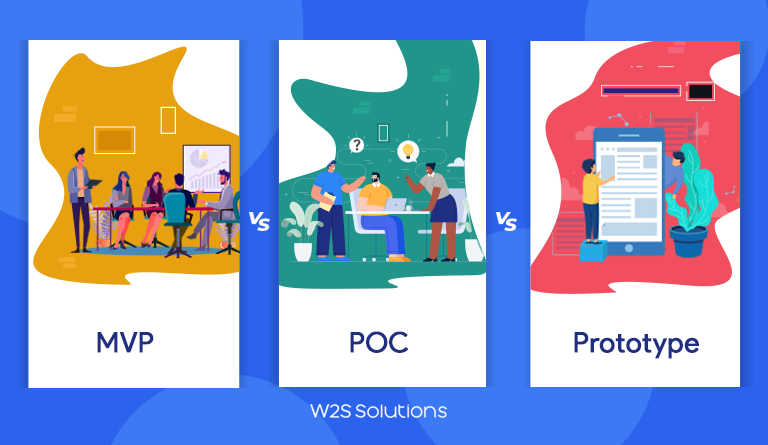TABLE OF CONTENT
In today’s rapidly evolving digital environment, traditional models across various industries are being reimagined and revolutionized through the integration of next-generation technology. As businesses and organizations embrace technological advancements, they gain the potential to streamline processes, enhance efficiency, and create innovative solutions that shape the future. Let’s explore the transformative power of technology in reimagining traditional models, leading us into a new era of possibilities and progress.
The Dawn of Next-Generation Technology
Next-generation technologies have emerged as a result of the constant evolution of technology, transforming conventional and traditional practices. From artificial intelligence and machine learning to blockchain and the Internet of Things (IoT), these technologies offer immense potential to reimagine traditional models and revolutionize industries.
Technology’s Impact on Traditional Models
The Digital Age and its Impact: The digital age has been challenging and revolutionizing long-standing business models. Companies must change and adapt to remain relevant in a world that is becoming more and more reliant on technology, from retail to banking and beyond.
Automation and Efficiency: Technology helps to enable the automation of complex and repetitive tasks, thereby leading to increased efficiency and productivity. Automation allows businesses to reallocate available resources to more creative and strategic endeavors.
Data-Driven Decision Making: The abundance of data which is made available through technology empowers organizations to make data-driven decisions. Utilizing data analytics and artificial intelligence (AI), businesses can gain valuable insights and predict trends.
Reimagining Existing Traditional Business Models
Transforming Business Processes
In the corporate landscape, technology is reshaping traditional business models and processes. Automation, powered by AI and machine learning algorithms, streamlines repetitive tasks and enhances operational efficiency. This, in turn, allows businesses to allocate more resources to strategic initiatives and creative endeavors, fostering innovation and growth. Businesses are embracing digital transformation to stay competitive in today’s market. Traditional brick-and-mortar stores are adopting e-commerce platforms to reach a global audience, while cloud computing enables scalable and cost-effective solutions for businesses of all sizes.
Retail and E-Commerce
The rise of e-commerce platforms has redefined the retail industry, enabling consumers to shop from the comfort of their homes. Traditional brick-and-mortar stores are adapting by incorporating online channels and creating better customer experiences. Additionally, advancements in augmented reality (AR) and virtual reality (VR) technologies are transforming how customers interact with products, allowing them to virtually try before they buy.
Banking and Finance
Fintech companies are disrupting traditional banking models by offering innovative digital solutions. Mobile banking, hassle-free peer-to-peer payments, and cryptocurrency are reshaping how financial services are delivered. Moreover, blockchain technology is revolutionizing financial transactions by providing secure and transparent record-keeping.
Green Energy and Renewable Resources
Technology has accelerated the adoption of green energy solutions such as solar power, wind energy, and hydropower. Renewable resources are reducing the reliance on fossil fuels and promoting environmental sustainability. Smart grids and energy management systems optimize energy consumption, further contributing to a greener future.
Next-Generation Healthcare
Technology is reshaping the traditional healthcare model, paving the way for personalized and data-driven healthcare solutions. From telemedicine and remote monitoring to precision medicine based on genetic data, the next upcoming technology is empowering patients with greater control over their health and well-being. Telemedicine has gained prominence, especially during the COVID-19 pandemic, as it enables remote consultations, reducing the need for physical visits, and enhancing healthcare accessibility. Advancements in medical imaging and diagnostics, powered by AI algorithms, are enabling early disease detection and accurate treatment planning. Gene editing technologies like CRISPR-Cas9 hold the potential to cure genetic diseases by modifying specific genes.
Education in the Digital Age
E-learning platforms, virtual classrooms, and online courses provide accessible and flexible learning opportunities, transcending geographical barriers. Students can access educational content anytime, anywhere, and at their own pace, providing a more personalized learning experience. Online learning has enabled individuals from all walks of life to pursue their academic and professional goals. Virtual reality (VR) and augmented reality (AR) technologies are enhancing educational experiences by providing immersive and interactive learning environments.
Transforming Transportation
The transportation sector is witnessing significant advancements, with technology reimagining traditional models of mobility. Electric vehicles (EVs) and autonomous vehicles are reshaping the automotive industry, promoting sustainability, and enhancing road safety. EVs also reduce carbon emissions, contributing to global efforts to combat climate change. Ride-sharing platforms and smart transportation solutions optimize urban mobility, reducing traffic congestion and emissions. These innovations enhance transportation efficiency and contribute to cleaner and more sustainable cities.
The Smart Cities of Tomorrow
Smart city projects aim to improve the quality of life for residents by creating safer, more efficient, and environmentally friendly urban environments. These projects utilize IoT sensors, data analytics, and AI to optimize urban planning, energy consumption, and transportation systems. Smart city technologies enable real-time data monitoring and analysis, allowing us to make informed decisions and optimize resource allocation. Energy-efficient buildings, smart grids, and sustainable transportation systems contribute to reducing the carbon footprint of urban areas.
The Fusion of Technology and Creativity
Next-generation technology is used by musicians, filmmakers, and artists to provide immersive experiences and engage audiences. AI-driven music composition and production are opening up new genres and sounds. Film directors and visual artists are exploring the possibilities of virtual production and CGI to create stunning visual effects and captivating storytelling.
Challenges and Ethical Considerations
Cybersecurity and Privacy: With increased reliance on technology, cybersecurity and privacy are becoming very alarming concerns. Data privacy and security must be prioritized to protect individuals’ sensitive information and prevent misuse of personal data. Businesses and individuals must protect sensitive data from cyber threats and adhere to strict privacy regulations.
Digital Divide: While technology offers numerous benefits, the digital divide remains a challenge. AI and automation raise questions about job displacement and the need to upskill the workforce for a digital future. Unequal access to technology and digital literacy can exacerbate societal inequalities.
Ethical Use of AI and Automation: Organizations must carefully consider the ethical implications of AI and automation. Algorithmic biases in AI systems must be addressed to ensure fairness and avoid perpetuating societal inequalities. Ensuring transparency, fairness, and accountability in AI systems is essential to build trust with customers and stakeholders.
Integrating Technology: Key Takeaways
Continual Adaptation: Embracing technology is an ongoing process. Businesses must stay agile and adapt to emerging technologies to remain competitive.
Collaboration and Innovation: Collaboration between technology experts and industry professionals fosters innovation. By working together, they can address challenges and create groundbreaking solutions.
Responsible Technology Integration: Responsible use of technology is paramount. Organizations must prioritize ethical considerations and strike a balance between automation and human creativity.
Embracing the Digital Transformation: Forging a Path to Limitless Horizons
The revolutionization of traditional models through technology marks an era of change and progress. The digital age has propelled us into a future where innovation and creativity play an important role, paving the way for a more interconnected, efficient, and promising world. However, while embracing these transformative advancements, it is essential to consider ethical implications, data privacy, and inclusivity.
By harnessing the power of technology, we can revolutionize industries, empower individuals, and address pressing global challenges. Let us embrace the spirit of innovation by exploring new frontiers and collaborating towards a more sustainable, inclusive, and digitally transformative future. Although the digital revolution is just beginning, the journey ahead offers numerous possibilities that can be harnessed through expert digital transformation services.
Frequently Asked Questions
Get inspired!
Subscribe to our newsletter and get updates on how to navigate through disruption and make digital work for your business!


